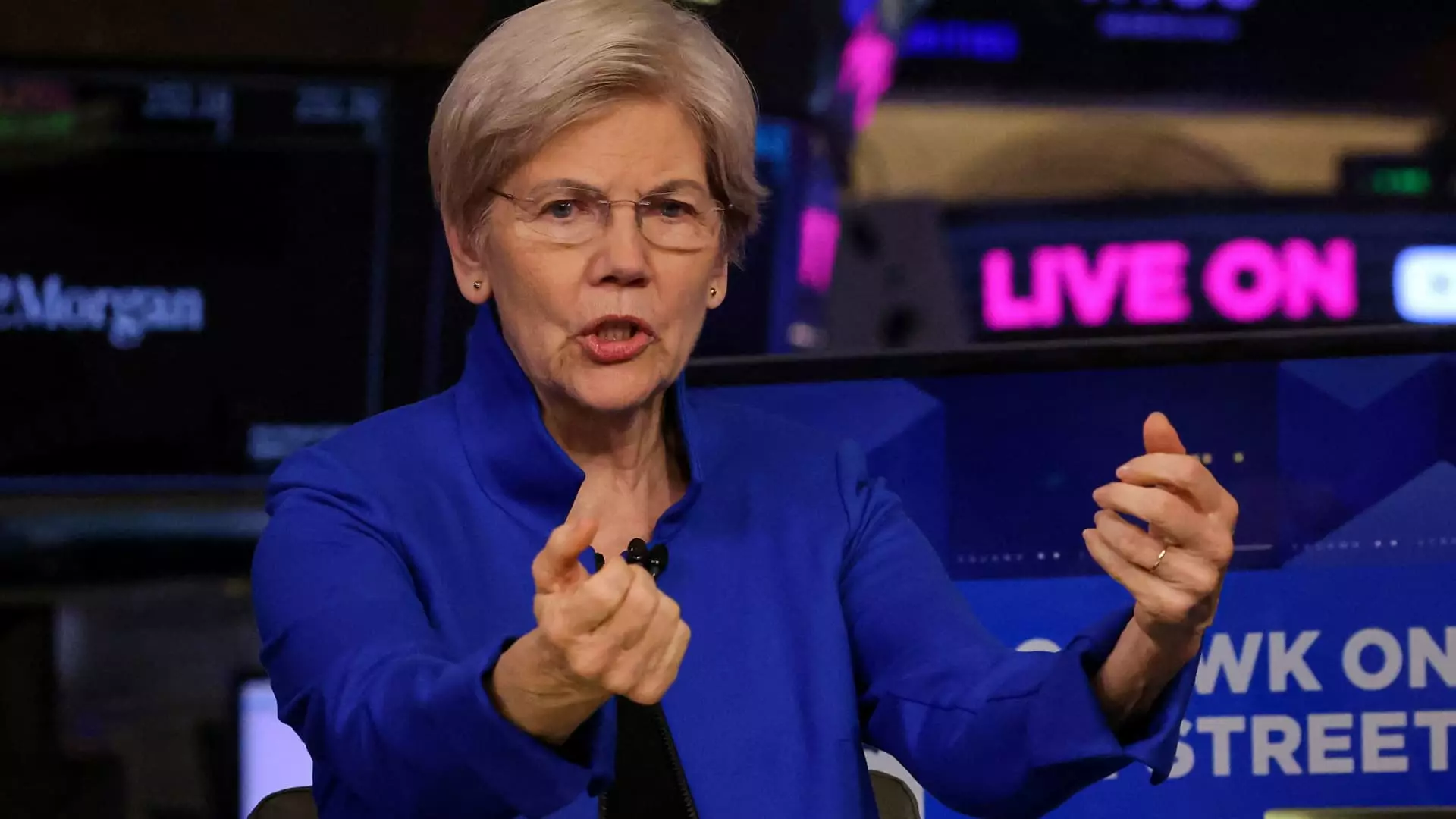At the core of a thriving financial system lies the independence of the Federal Reserve — a safeguard designed to insulate monetary policy from political interference. Yet, recent political pressures, exemplified by threats to fire Fed Chair Jerome Powell, dangerously threaten this foundational principle. It is an issue rooted not only in the personal rivalry between figures like President Trump and Powell but also in broader questions about the integrity and stability of economic governance. The risk here is not merely losing a single leader but destabilizing an entire ecosystem that hinges on trust and predictability. When the independence of the Fed is compromised, the very signals that facilitate coherent economic planning—trust in the institution’s impartiality—are muddled, risking market chaos and long-term damage to American financial credibility.
The Political Threat to Economic Stability
The recent tumult around Powell’s tenure reveals a troubling reality: the weaponization of economic policy for political ends. Trump’s overt hostility, including hostile remarks and reports suggesting imminent dismissal, exemplifies a dangerous trend where financial decision-making becomes hostage to political whims. Such behavior erodes the constructs of sound policymaking, where decisions should be based on data, outlooks, and expert judgment rather than partisan pressures. Markets thrive on stability and transparency; injecting uncertainty—especially at the highest levels of monetary authority—spreads anxiety among investors, entrepreneurs, and consumers alike.
This politicization threatens to turn the Federal Reserve from a steady hand guiding the economy into a pawn in political conflicts. The Federal Reserve’s ability to stabilize markets, curb inflation, and promote growth relies heavily on its independence. Once compromised, the confidence in its policies plummets, and so do markets, leading to potential crashes and a decline in the U.S. dollar’s global dominance. This isn’t alarmism, but a sober economic reality: undermining the Fed’s independence destabilizes the very foundation of economic stability.
The Consequences of Eroding Trust and the Power of Perception
The potential firing of Powell or sustained attacks undermine more than just individual leadership; they threaten the perception of the United States as a reliable economic steward. Markets react not just to policies but to the confidence in the structural integrity of decision-making institutions. When that confidence erodes, the ripples extend beyond immediate market fluctuations, affecting currency value, investment patterns, and even international relations.
This destabilization echoes historically perilous moments where political interference in central banks led to hyperinflations, currency collapses, or periods of economic chaos. For the global economy, the United States’ political quarrels over monetary policy are a warning sign of deeper vulnerabilities. A decision like firing Powell isn’t just about replacing a figurehead; it’s about risking the collapse of an unstated but essential social contract: that monetary policy remains insulated from partisan battles to serve the broader economic good.
The Center-Right Perspective: Defending a Necessary Balance
From a centrist liberal standpoint, the discourse shouldn’t be about blindly defending Powell or dismissing president’s authority outright. Instead, it’s about recognizing the importance of maintaining checks and balances—not just within government, but within the mechanisms that underpin economic stability. An independent Federal Reserve acts as a bulwark against impulsive political decisions that could spur inflation, recession, or worse.
While accountability is essential, it must be balanced against the danger of politicizing critical economic institutions. The strength of the Fed lies precisely in its capacity to act free from partisan influence—an invaluable asset in turbulent economic times. Politicians must respect this boundary; otherwise, the entire system risks devolving into a battleground where economic health is subordinate to short-term political gains. Protecting this independence is an act of safeguarding America’s economic future, ensuring that decision-making remains rooted in expertise rather than populist whims.
The debate surrounding the potential removal of Jerome Powell underscores a conservative truth: the independence of the Federal Reserve isn’t just a bureaucratic nuance but a vital safeguard for economic stability. Undermining this independence for political expedience risks plunging markets into chaos, damaging the dollar’s global standing, and ultimately harming American workers and consumers. A political culture that seeks to punish or dismiss leaders based on policy disagreements rather than legitimate governance concerns threatens to weaken the very institutions that sustain our economy. Protecting the Fed’s autonomy isn’t just about maintaining a neutral institution; it’s about defending the economic security of the nation—something that requires vigilance and unwavering commitment from all segments of government and society.


Leave a Reply